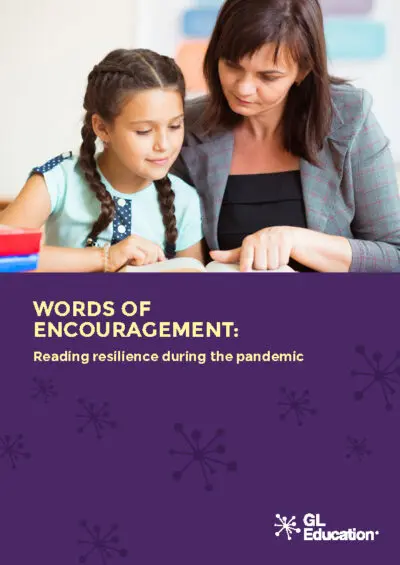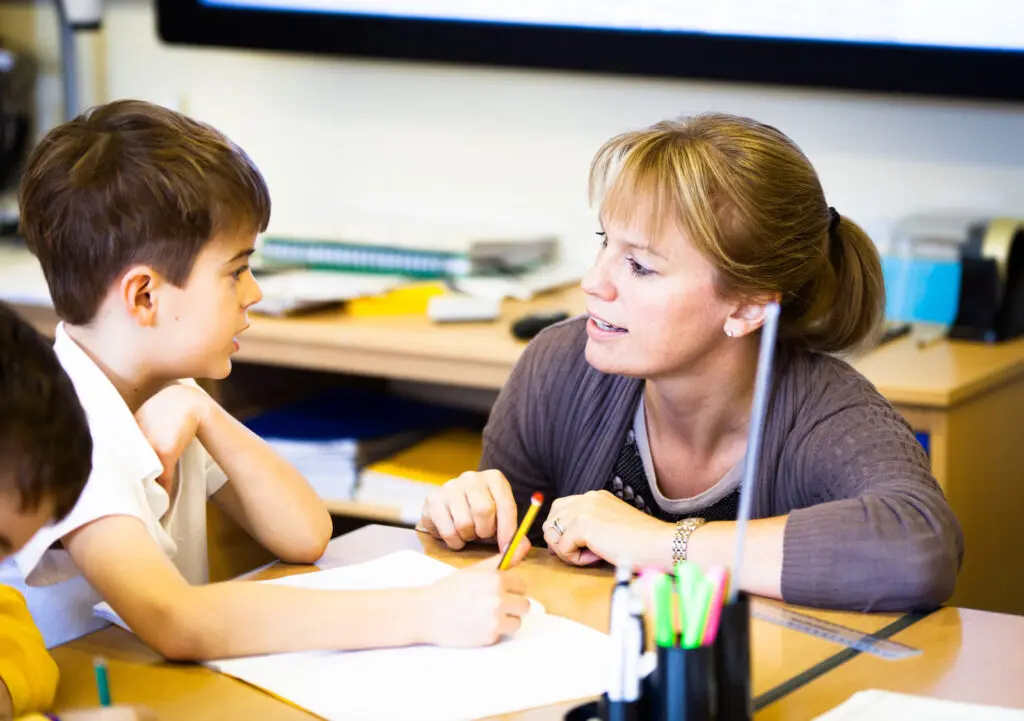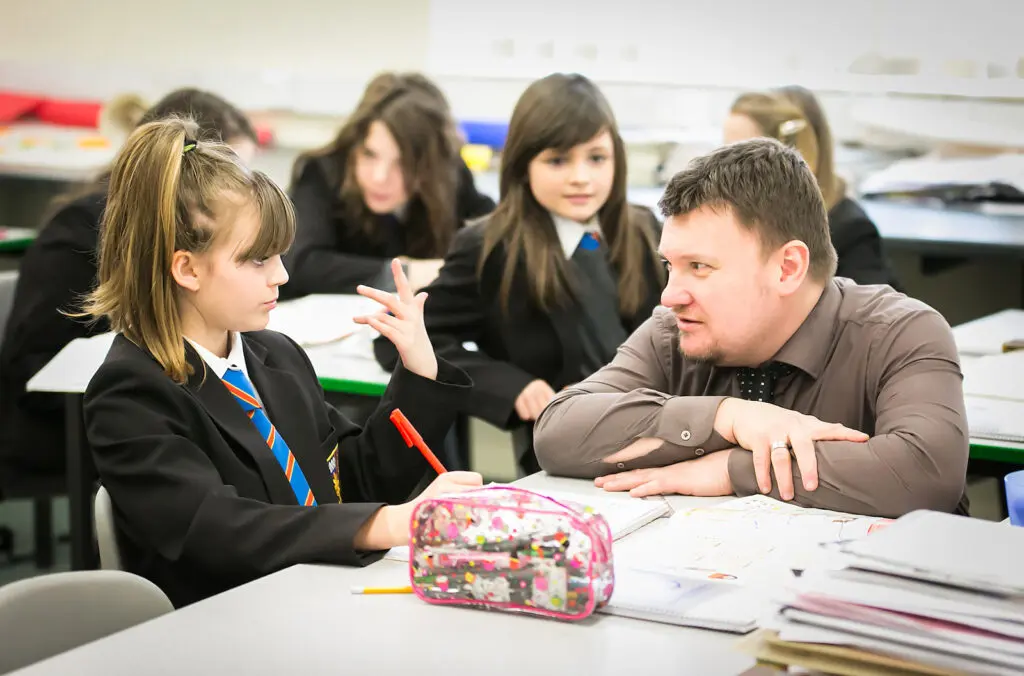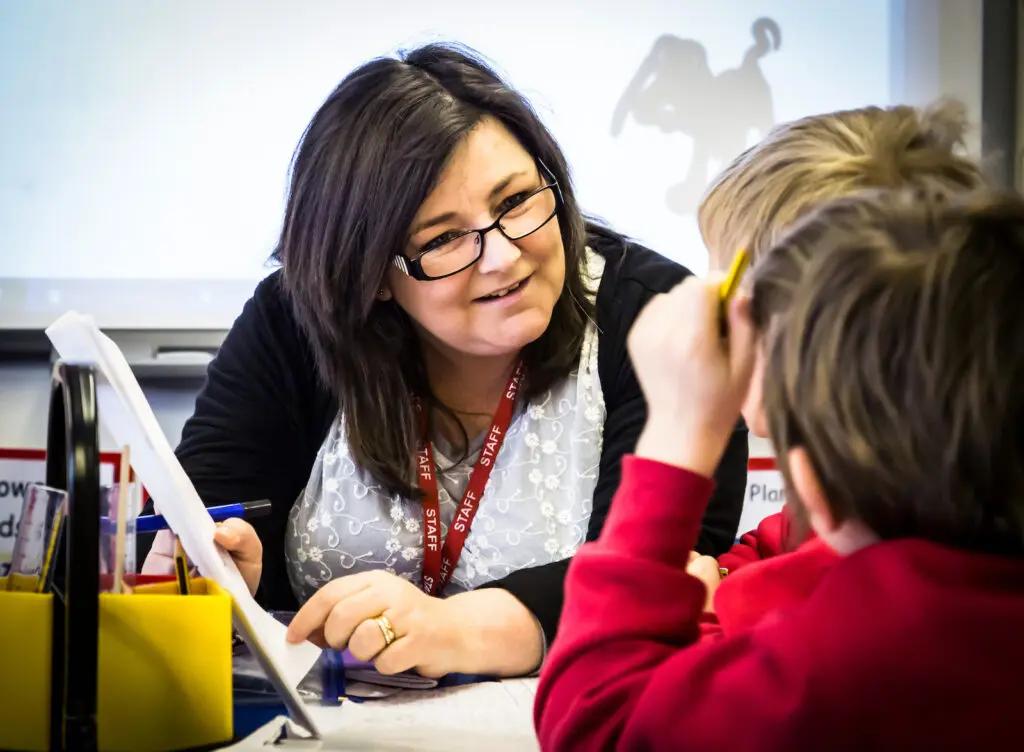
Foreword
Geoff Barton, ASCL General Secretary, former headteacher and English teacher

Reading resilience during the pandemic
It has been without doubt a turbulent time for all of us. Covid restrictions meant that ‘normal’ life ceased to exist and the world of education underwent the biggest single change to how children are taught, overnight. But what has been the real impact on the key skill – reading? What does the data tell us, how have students fared and how are schools preparing for future?
Explore this website to see how schools approached reading during lockdown, what they’ve learnt on the return to school, and how they are developing their reading initiatives over the months and years ahead.


Geoff Barton, ASCL General Secretary, former headteacher and English teacher

Analysis of NGRT scores after lockdown

Lockdown is disruptive for all students – but especially for EAL learners

How can schools identify what support children need if the pandemic deprives them of the usual tools at their disposal?

Enlisting the whole school to boost literacy

The Trust where every character plays a leading role
Particularly those who have struggled in terms of engagement and meaningful interventions with their teachers via the screen.
Consider changing the timetable to put in place reading time each day.
SMT buy-in is essential and it’s not the responsibility of any one department.
Vocabulary lends itself well as component of literacy strategies because every subject has its own key words. Raise awareness of the impact of poor vocabulary on students’ ability to engage with text.
NGRT enables you to baseline, be more strategic about how to target interventions, and it will also show the progress that has been made.
If the text a teacher is using is pitched at age 16, they’ll know they will have to put in extra support if their class reading age is 11.